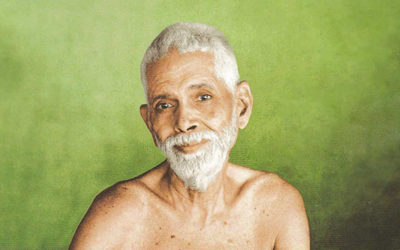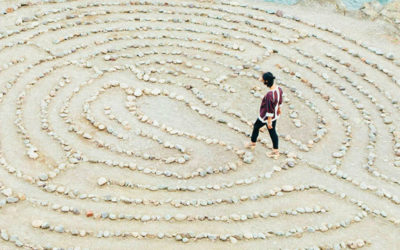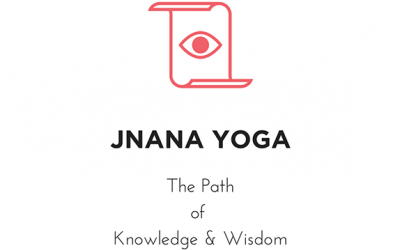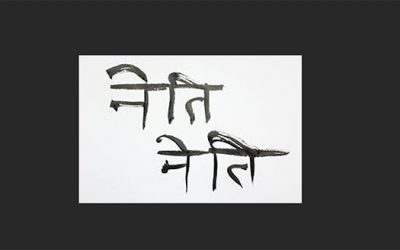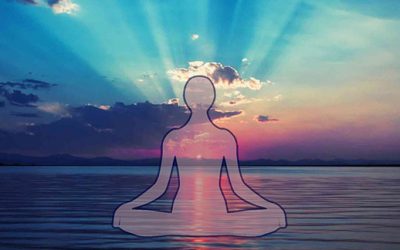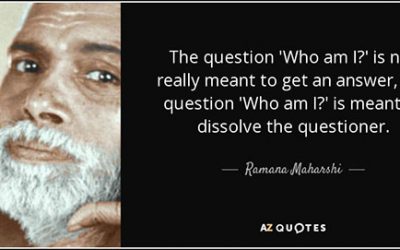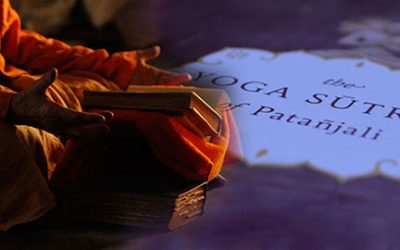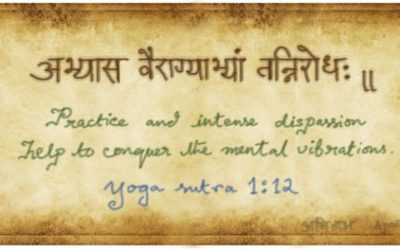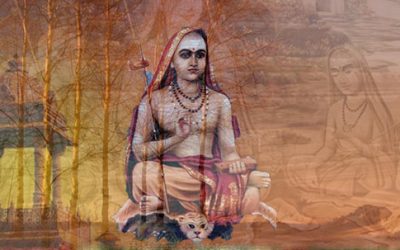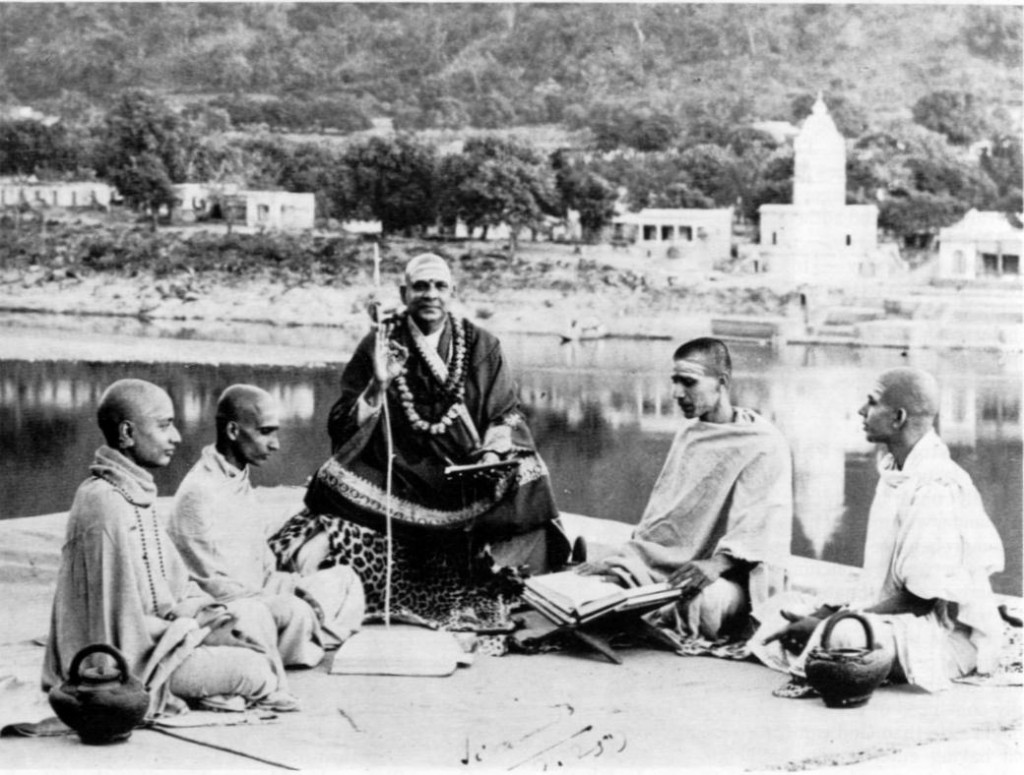Those who are realized beings, who have become enlightened, always must act responsibly. But, their only responsibility is to allow things to happen to them because they realize they are instruments of the Divine. As such, they are no longer creating any new karma....
Just Be As You Are
I often quote Avvaiyar, a very great saintly female poet from South India. She was clever with her use of words and never wasted any. Just a few words were enough to give you a great message. Somebody asked her, “How can I arrive at my home?” or in other words, “How...
Be As You Are—The Teachings of Sri Ramana Maharshi
David Godman (his family’s actual surname!) read a book in 1974 about the great sage and jnani, Sri Ramana Maharshi, and two years later traveled to his ashram in India. Since then, he has lived almost continuously in Tiruvannamalai, the town where Sri Ramana spent...
You Bind Yourself and You Can Liberate Yourself
It’s alright to have a nice body, nice ideas, nice learning, and a lot of money. As long as you have a lot of money in the bank you call yourself rich. When the money goes away, immediately you change your label: I am poor now. You identify yourself with the money in...
What Does it Mean to Be a Witness and How to Cultivate that Awareness?
Swami Satchidananda: We all have a witness in our own system. That’s what you call the Self. It is a constant witness. What is it witnessing? It witnesses the play of the mind. The mind constantly creates drama. When you go to a movie theater, what do you do? You sit...
How to See Your True Self
To become somebody, you have to know what that somebody is. If you don’t know, how can you become that? I often give the example of seeing your own face in a mirror. We have never actually seen ourselves. When you stand in front of a mirror, whom do you see? You only...
Become Fit to Experience Jnana Yoga
Gurudev Sivanandaji used to tease the so-called Vedantins and Jnana Yogis at the ashram. They would say, “Aham Brahmasmi, I am that Supreme Brahman.” Occasionally, Gurudev would touch a jnani’s arm with a little piece of stinging nettle. That person would jump up,...
Jnana Yoga: The Path of Wisdom
Jnana Yoga is the path of wisdom. It is suitable for people of an intellectual nature. A Jnani Yogi acts with the feeling, “I am not the doer; Nature is doing everything. The body and mind are moving among the objects. I am the silent witness of all that is happening....
Spiritual Hints for Daily Life: Jnana Yoga
Depending on our temperament, we can pursue the journey of awakening in various ways. If we wish to develop the will and gain mastery over the mind, we can take a Raja Yoga approach. If we tend to be analytical and intellectual, there is the path of Jnana Yoga. If we...
Taking the Witness Stand: Cultivating Neutral Observer Mind
Witnessing, a key spiritual practice in Jnana Yoga, involves taking the position of a neutral observer to the whole range of our experience: physical sensations, perceptions, thoughts and emotions. It can be practiced as a meditation technique in which one...
Who Am I? A Guided Meditation
Sri Swami Satchidananda recorded a self-inquiry process that he recommended as a meditation technique. Here is the process he gave: One wonderful meditation technique is self-analysis. It’s a process that leads you to identify with the inner Self, the Knower, rather...
Jnana Yoga and Vedanta in the Yoga Sutras
We learn from our study of Yoga and Vedanta that their goals are one and the same: realization of the true Self. Both sages Veda Vyasa, and Sri Patanjali, in his Yoga Sutras, taught that by cultivating viveka (discriminative discernment) the cause of suffering...
Jnana Yoga: The Yoga of Truth
Peter Marchand, a student of the late Harish Johari, was drawn to the study of Jnana Yoga by what he calls his “rational tendencies.” As an environmental engineer and scientist he felt easily attracted to the study of Jnana Yoga. His book, The Yoga of Truth began as...
The Relationship Between Yoga & Vedanta
Dr. David Frawley (Pandit Vamadeva Shastri), a regular contributor to Integral Yoga Magazine, is one of the few westerners recognized in India as a Vedacharya or teacher of Vedic wisdom. In this interview, he clearly illustrates the relationship between Yoga and...
The Jnana Yoga of Adi Shankara
Sri Adi Shankara is considered to have shaped the Hindu religion for the 1200 years following his disappearance from the world at age 32 in the early part of the ninth century. Having brought forth the advaita philosophy in its fully systematized and polished form, he...
Jnana Yoga: Science of Self
The identity of the Supreme Self and the jiva or reflected self is established through the statement of the Upanishad “Tat Tvam Asi”—“That Thou Art.” Self-realization or direct intuitive perception of the Supreme Self is necessary for attaining freedom and perfection....



